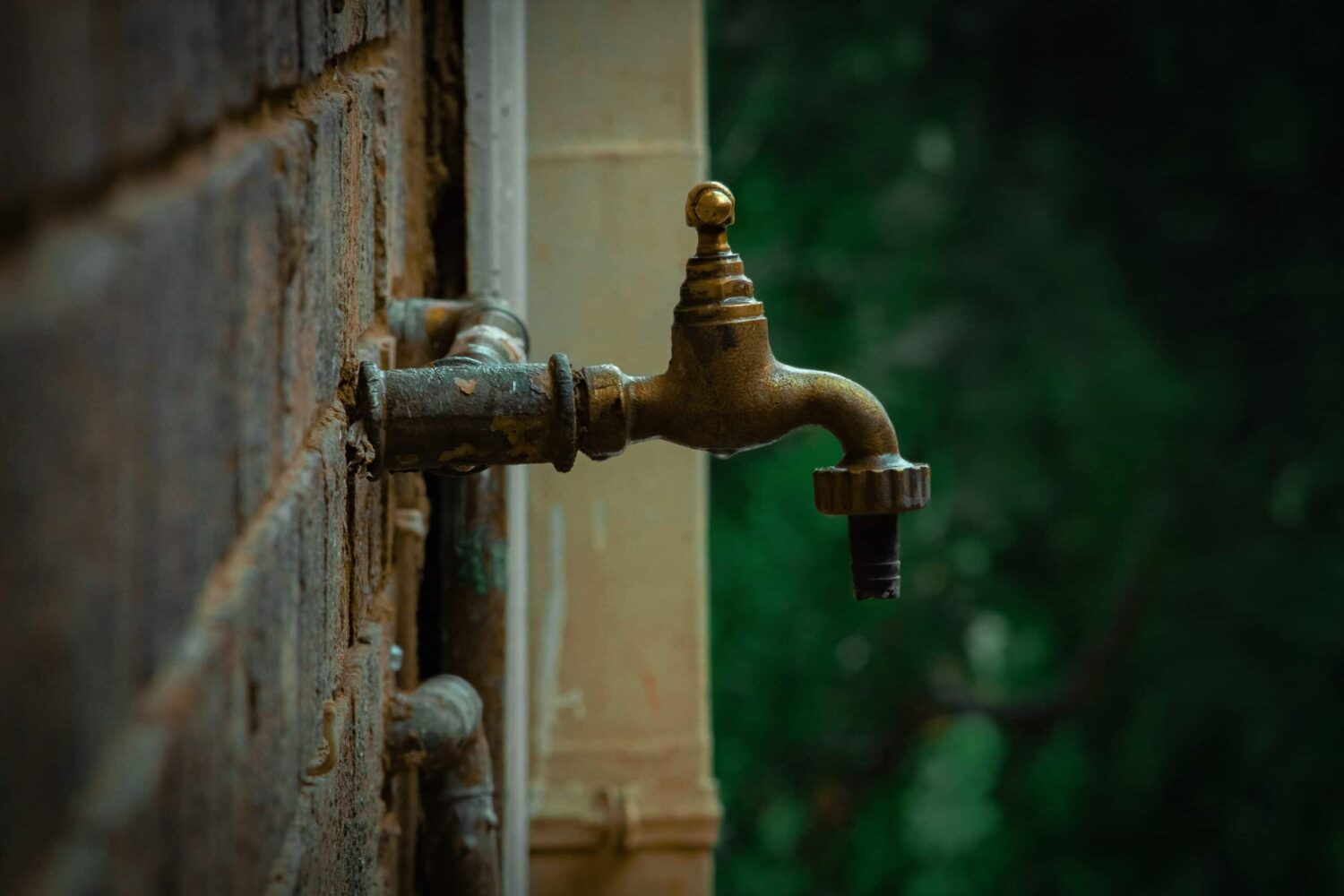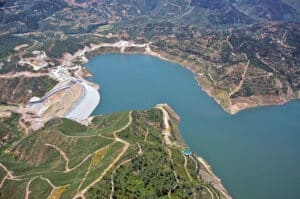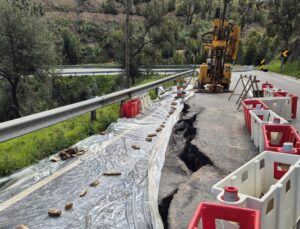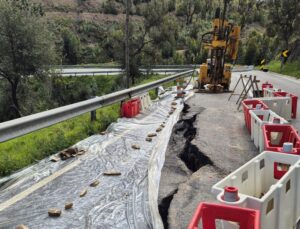How installation of ‘smart water meters’ see bills skyrocket in rural Algarve
Residents in Vale da Telha, Aljezur, are considering a Class Action over massive water bills they have been receiving since the town hall replaced their old water meters with ‘smart meters’.
The smart meters were fitted this summer, as part of a council plan to reduce water consumption.
Deputy mayor António Carvalho told Lusa news agency in January that the municipality aimed to save between 25-30%, “in an area with a high water consumption record”.
“In a first phase, we will be installing (ultrasonic/intelligent meters) in the area of Vale da Telha and surroundings, which are the most problematic in terms of consumption, particularly in terms of inconsistent consumption, and the largest water consumers,” he said, adding that the installation of these meters “is part of a set of measures approved in 2022 to reduce consumption and mitigate the effects of water scarcity in the Algarve”.
It was not instantly clear from the text how the water meters were going to be able to ‘reduce consumption’ on their own. But the results, a few months on, have left many householders terrified of turning on a tap even to brush their teeth.
One property owner – who claims she didn’t do anything different this year than last – received a water bill for €5,000 for August, followed by €2,500 for September (after the town council admitted it had ‘identified a leak’). She still doesn’t understand why she is responsible for paying for ‘the leak’ as it was outside her property. Also, her bills normally were nowhere near these kinds of amounts.
Thus far, stories are being shared on the ‘Aljezur Expats’ Facebook page, and in the hands of villa managers who are trying to work out what has happened.
One explains that part of the problem appears to be that ‘readings’ for August and September were lumped together (August being a month where the council’s meter readers were not actually working). By lumping two months together, water charges appear to have been ‘bumped’ into a higher pricing backet, dubbed ‘excess usage’, which took charges up to €5 per unit.
But that still does not explain the enormous consumption, in one case 37 times more water usage than ‘normal’ (this refers to a homeowner whose ‘normal consumption’ is around 22m3, but whose consumption with the new smart meter went up to 744m3).
One villa manager told us that a visit to the town hall with a foreign property owner who had received “a €700 bill” (when his house was empty throughout the summer) elicited the observation that “there are often water thefts in Vale da Telha”.
The data from this owner’s smart meter was able to show that 70m3 of water (that’s 70,000 litres) were used between midnight and 6am over a period of days.
It was at this point – when the householder explained there could not have been any water being consumed between those hours – that he was informed that “water thefts in Vale da Telha are common”.
The trouble with this explanation is that it doesn’t wash (no pun intended): quite apart from the fact that a number of properties facing much larger than usual bills have dogs that would react if someone or something appeared in the night and connected a hose to an outside tap, one Portuguese resident has been ‘monitoring his meter’ and discovered that “it advances by itself without any water being consumed, in plain daytime”.
He told us: “There are no water thieves! I suspect this can only be due to some sort of malfunctioning of the new smart meters they (meaning the municipality) installed”.
In other words, the thesis that thieves are causing these sky-high readings on smart meters in Vale da Telha appears to have been blown right out of the water (again, no pun intended).
Or has it? The Resident managed an interview with deputy mayor António Carvalho on Monday, and he acknowledged that the town hall has received a number of complaints, but that up until now at least, none of them have ‘held water’.
He explained, the ‘lifespan of a water meter’ is not more than 10 years, yet the municipality has thousands that are much older than this.
The reasons for the substitution in Vale da Telha this summer were partly to do with the ages of the meters installed on properties (leading to them giving incorrect readings), partly to do with ‘sky high’ consumption in the area and partly to do with situations previously identified where people were either ‘diverting’ supplies to circumnavigate their old meters (i.e., stealing water), or unwittingly turning on irrigation systems for their gardens through the summer that were full of leaks.
Mr Carvalho also explained that people saying “I cannot find any leaks on my property” does not mean they don’t have them: “The sandy soil of Vale da Telha means many leaks go undetected,” he said.
The system installed this summer is, nonetheless, not completely ‘fine-tuned’, he admitted. There are various ‘updates’ being brought online, not least the ability for the council to alert homeowners to the fact that their consumption is reaching excessive levels (and therefore falling into the bracket of very high charges per unit).
None of this is helped by the fact that Aljezur only has two meter readers for the entire borough – meaning many ‘readings’ are only estimates – and in the case of Vale da Telha may have lulled homeowners into a false sense that their consumption was low.
All this said, the deputy mayor accepts “there could be a problem with the equipment”, which was installed by a private company, not the town council’s own technicians.
“The first thing homeowners should do is make a complaint to us. We will then send a technician to their home to see if there is a fault with the water meter. If the homeowner does not accept the technician’s analysis, we will replace the water meter with a new one and send the first one to the company that installed the meters, for it to see if there is in fact a fault in the way it works,” he said.
For people who cannot afford the direct debits coming their way, “they can cancel their direct debit. We will start a process against them (to recover the money), but in the meantime, they will be able to complain, have their complaint registered, and we will go through the process of checking whether or not the meter is faulty”, he said.
As for these meters “reducing consumption”, António Carvalho conceded they most definitely have – but at what cost in terms of people’s stress levels, finances and ultimately in the trust they have in equipment that was essentially installed ‘over their heads’ – without their understanding of its implications.
In the meantime, advice from the resident who watched his meter continue counting consumption when no taps were open on his property is fill up containers/buckets, and then turn off your water at the main tap. “It’s a pain,” he conceded, but it stops the meters running on nothing, and leaves you with water to use through the day.
By NATASHA DONN


























